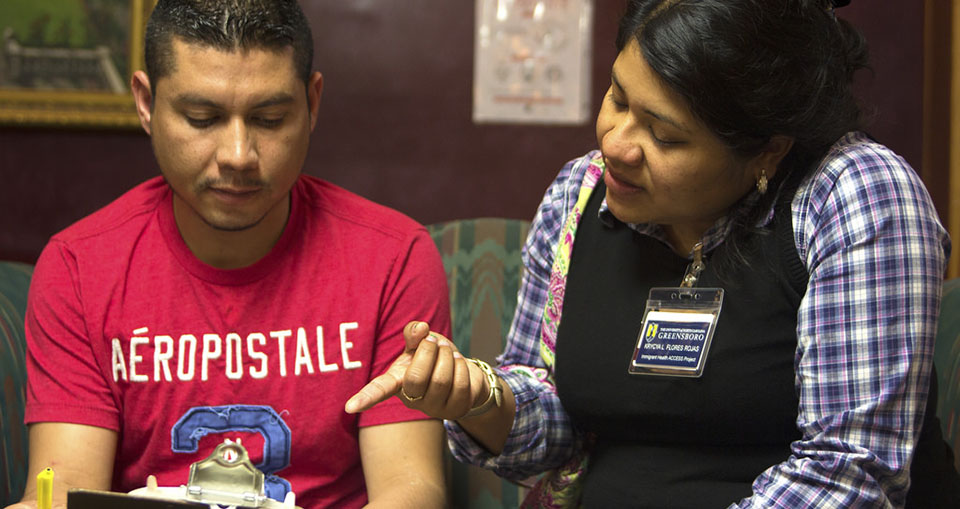Those words spoken by a desperate mother lead to Laura’s interest in training to become an interpreter. Because her mother is not fluent in English, Laura has routinely accompanied her mother and younger brother to the hospital, and knows her presence helps her family as well as the medical staff. On one particular visit to the Emergency Department (ED), Laura was unexpectedly called on by a stranger. No interpreters were in the ED, so Laura stepped in. As Laura began interpreting, she noticed a look of relief flooded across the mother’s face.
Laura’s experience is not uncommon, and many members of the September Foundations of Medical Interpreting training shared similar experiences of being in the right place at the right time. Their stories had a common theme: the need for interpreters is real.
The CNNC Interpreter Access Project (IAP) provides several interpreter training workshops throughout the year ranging from 4-16 hours. These workshops train bi-and-multilingual individuals to be inter-culturally competent, professional interpreters for individuals with limited English proficiency. Interpreters are grateful for this professional training, and their service ensures that newcomers to North Carolina have access to culturally appropriate language interpreters who are trained to work in a variety of settings including: schools, hospitals, and health and human service agencies. The interpreters see themselves as bridge builders who use their skills to connect neighbors and community members. “Helping like this; it lifts people up and makes your life completely different,” shared one of the class members.
IAP is recruiting interpreters for all languages except Spanish. In particular, the Triad area has a high need for bi-or-multilingual speakers in Swahili, French, Burmese, Nepali, Vietnamese and Montagnard languages (Rhade and Jarai). Both male and female interpreters are needed. Interpreters are all independent contractors with flexible work hours. Although not full-time work, daily appointments are a possibility. Learn more about becoming an interpreter.
